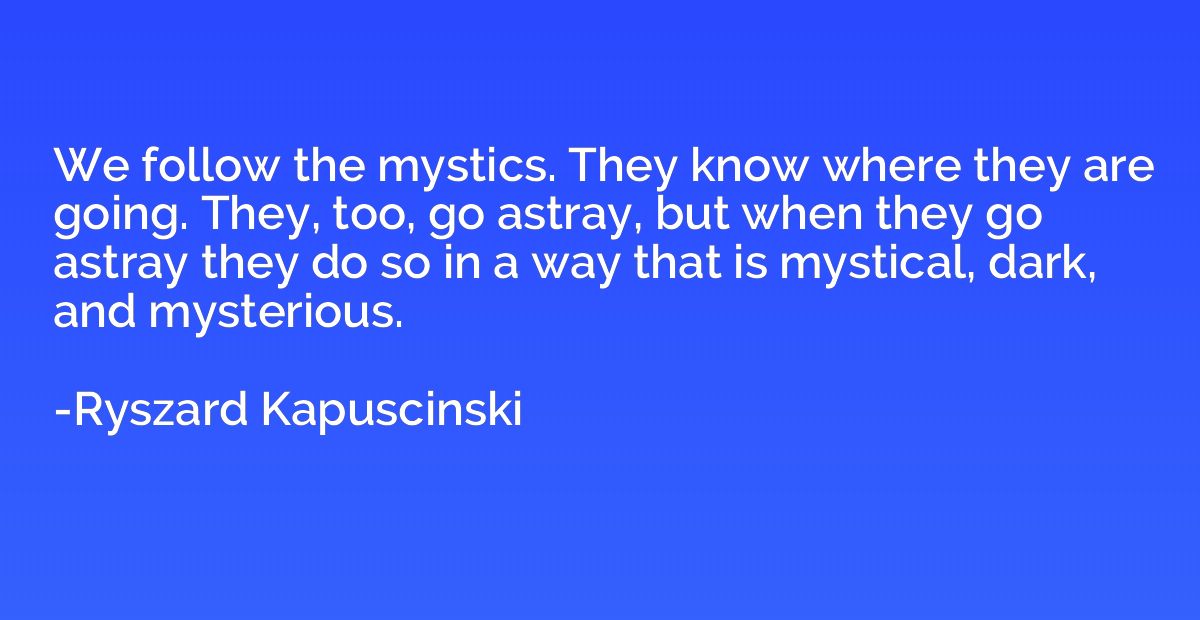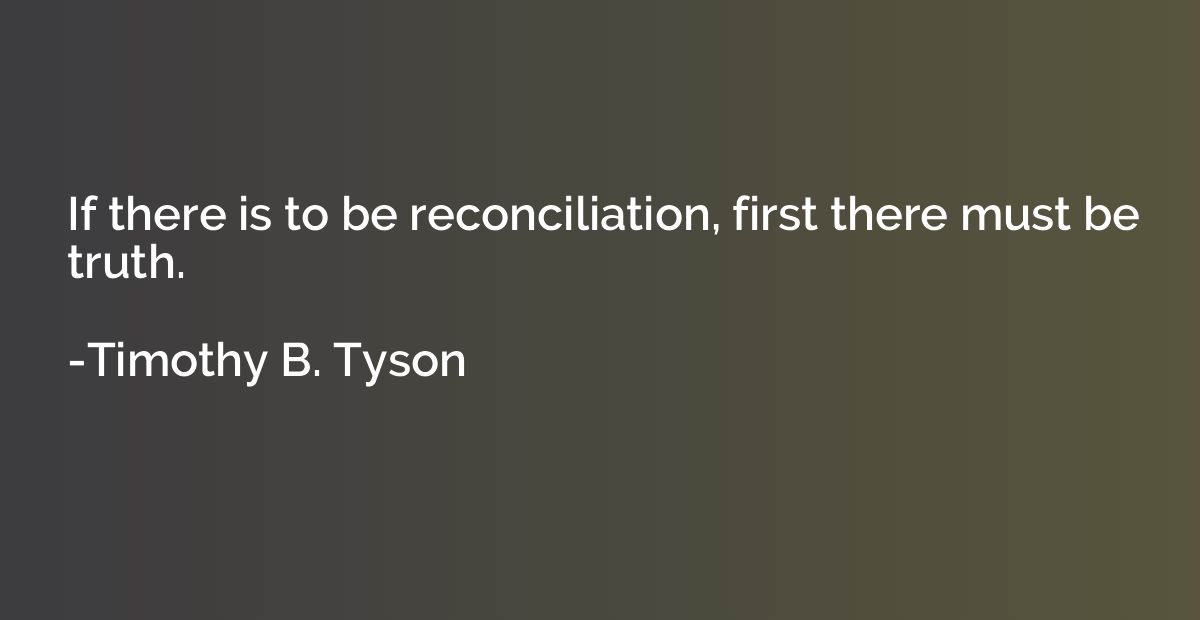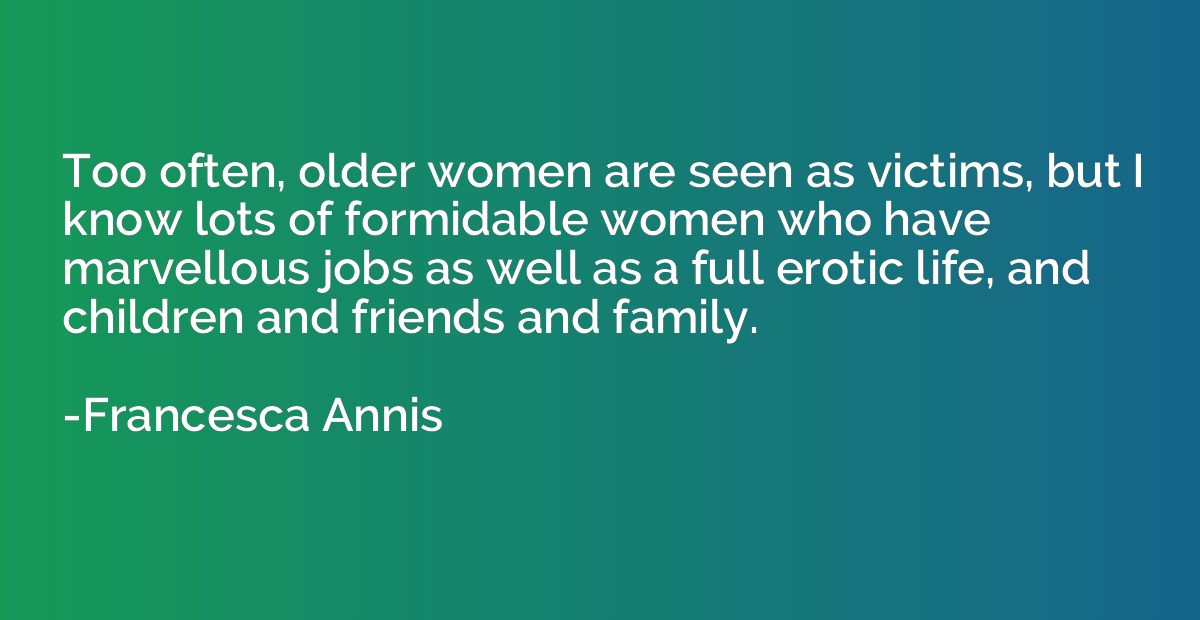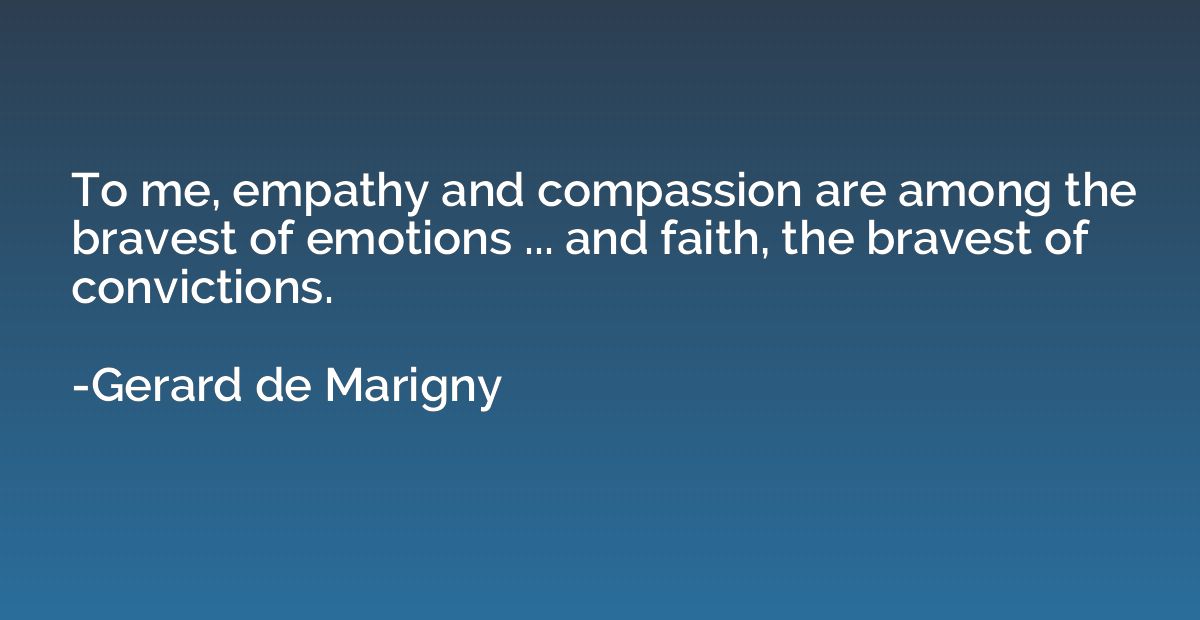Summary
This quote suggests that the significance and celebration of Christmas is deeply intertwined with Easter. It implies that Christmas, which typically commemorates the birth of Jesus Christ, holds its true meaning and purpose because of the events that occur later during Easter, such as the crucifixion and resurrection. By highlighting the connection between these two Christian holidays, the quote emphasizes the overall message of redemption and salvation that Easter imparts, giving Christmas its deeper spiritual and theological context.















